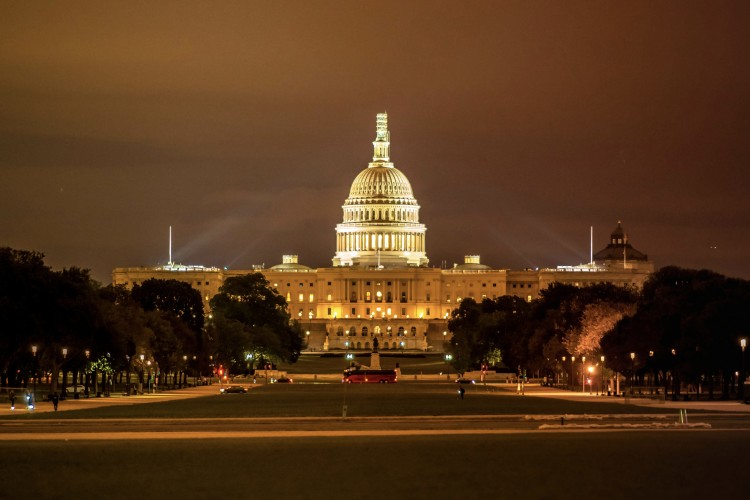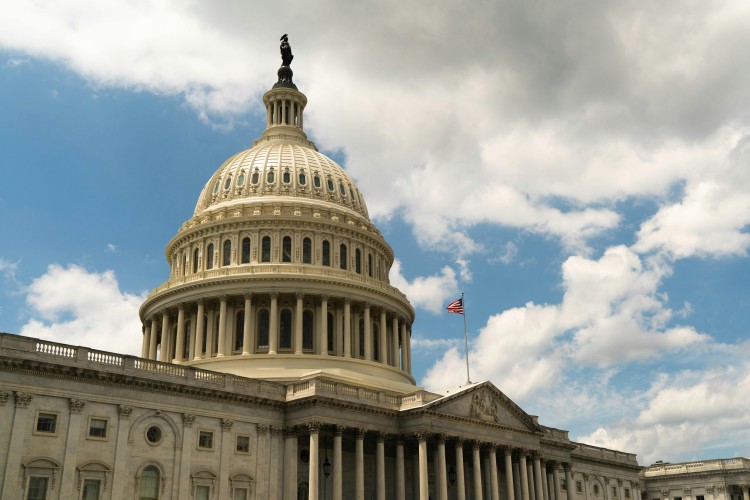UPDATE: Federal Funding Focused on Youth Services
Federal funding has been reduced across the board and funding for youth & families services is no exception. With the unprecedented fiscal landscape, organizations depend on MANY to identify and share potential funding opportunities, as well as effectively prepare them to be competitive through our webinars and proposal review services. Last year, we helped organizations secure more than $40 million in federal funding to support local services. In fact, 82% of organizations who utilized our personal proposal review service were successfully funded in 2015 – the cost effective combination of the webinars and the proposal review service will increase your organization’s ability and effectiveness to respond and secure federal grants. Here are a few of the recent federal funding announcements focused on serving youth at highest risk for victimization and/or delinquency. Summer Jobs and Beyond: Career Pathways for Youth ETA announces the availability of up to $20,000,000 in grant funds to provide employment-related services to eligible youth who are new entrants to the workforce, including those with limited current or past work experience. The program will provide youth with work experience opportunities, including summer and year-round part-time job opportunities for ISY and employment and work experience opportunities throughout the year for OSY, and exposure to career pathways in in-demand job sectors. This program will fund projects designed to link existing summer employment programs, including the LWDB-administered local summer employment programs and non-LWDB programs run by cities/counties (where they exist), with LEAs, re-engagement centers (where they exist), employers, and other community partners to streamline service delivery, align resources, and assist youth in preparing for successful entry into the workforce. To be eligible for a CPY grant, applicants must administer an existing summer employment program or partner with an existing summer employment program that is not administered by the LWDB. The Department expects that most LWDB-administered programs will be WIOA-funded. Full Announcement (pdf format) Communities Addressing Childhood Trauma (ACT) ACT seeks to address unhealthy behaviors in minority youth and provide them with opportunities to learn coping skills and gain experiences that contribute to more positive lifestyles and enhance their capacity to make healthier life choices. These demonstration grants should take a multi-partner approach involving: a university/college/research institution or a Tribal epidemiology center or Urban Indian Health Organization; a community-based organization/faith-based organization; a public health and/or health care organization; and an organization(s) that provides behavioral health services. Additional collaborating partners may include primary and secondary schools, sports organizations, youth clubs, other related community organizations and institutions, and the community at-large who have experience addressing reduction in behaviors among targeted minority youth 5 to 15 years of age. OMH anticipates that awards will be funded in annual increments ranging from $325,000 to $400,000 each year for a five year period of performance. OMH intends to make available each year a total of $3,000,000 for 7 to 9 competitive awards. More information can be found here. Mentoring Opportunities for Youth: Collaborative Mentoring Programs This solicitation supports applicant organizations as they strengthen and/or expand their existing mentoring activities with other mentoring organizations. Mentoring activities include direct one-on-one, group, peer, or a combination of these types of mentoring services for at-risk and underserved youth populations. Eligible applicants must be part of a collaborative of at least three and as many as five mentoring organizations. Under the award, the mentoring organizations that form the collaborative must each provide services in at least one location that is independent of the other mentoring organizations and must all implement the same program design. More information can be found here. Re-Entry Community Linkages (RE-LINK) Program The Office of Minority Health (OMH) at the United States Department of Health and Human Services announces the availability of funds for Fiscal Year (FY) 2016 for grant awards for the Re-Entry Community Linkages (RE-LINK) program. The purpose of the RE-LINK program is to improve the health outcomes for minority and/or disadvantaged re-entrants, ages 18-26, in transition from jail to their communities. Based on the disproportionate numbers of racial and ethnic minorities among the incarcerated and formerly incarcerated populations, RE-LINK will target the communities with the greatest rates of minority and/or disadvantaged re-entrants discharged from jail to the community. More information can be found here
Sneak Peak at what's to come......
$33 Million in Demonstration Grants to Support Coordinated Responses to Youth Homelessness As planning for the demonstration project gets underway, HUD invites you to participate in a discussion of how it should take shape. Please join one of two planned calls to discuss your experience as part of your community’s crisis response system, and how HUD could help strengthen your community’s coordinated response. Click here to register for March 17th at 3pm EDT, or click here to register for March 24th at 3pm EDT. After submitting the registration form, you should receive an email within minutes that has instructions on how to access the Listening Session. This email will be sent to the email address you enter on the registration form. If you do not receive an email, please check your spam folder. For technical support concerning registration, please contact George Martin [gmartin@tdainc.org] and Sandy Patel [spatel@tdainc.org]. Transitional Living Program Special Population Demonstration Project: LGBTQ Runaway and Homeless Youth and Young Adults Who Have Left Foster Care After Age 18 The Administration for Children and Families' (ACF), Administration on Children, Youth and Families' (ACYF), Family and Youth Services Bureau (FYSB) announces a 24 month demonstration project period to implement, enhance, and/or support a framework or model to promote the effective transition from homeless youth to self-sufficient young adult. The target populations are LGBTQ youth experiencing homelessness between the ages of 16 to 21 and young adults who have left foster care after the age of 18 up to age 21, but may need alternative housing and services. Based on an assessment of community needs, prospective applicants may choose which population to serve or serve both. Estimated award ceiling $500,000 and 8 awards are anticipated nationally. Grants to Address Trafficking within the Child Welfare Population The purpose of this funding opportunity announcement is to solicit proposals for projects that will address human trafficking within the child welfare population. This funding is designed to continue the development of child welfare systems’ response to human trafficking through infrastructure building, and a multi-system approach with local law enforcement, juvenile justice, courts systems, runaway and homeless youth programs, Children’s Justice Act grantees, child advocacy centers, and other necessary service providers. Projects will also assist in the implementation of the trafficking provisions of the Preventing Sex Trafficking and Strengthening Families Act (Pub. L. 113-183) within their respective States. Estimated award ceiling $250,000 and 8 awards are anticipated nationally. Domestic Victims of Human Trafficking Program The Administration for Children and Families (ACF), Administration on Children, Youth, and Families (ACYF), Family and Youth Services Bureau (FYSB) will award approximately 12 cooperative agreements to implement projects that will build and sustain comprehensive services for domestic victims of human trafficking. This project will support the provision of specialized comprehensive victim services for United States citizens and lawful permanent resident victims of severe forms of trafficking regardless of age. The projects will implement the following activities:1) Develop, expand, and strengthen victim service programs; 2) Coordinate services among multiple providers to assist victims of human trafficking; 3) Expand collaboration and partnerships to implement innovative approaches to serve victims of human trafficking; and 4) Provide a means to make referrals to programs for which United States citizen and lawful permanent resident victims are already eligible, including programs administered by the Department of Justice and elsewhere within the Department of Health and Human Services. Estimated award ceiling $300,000 and 12 awards are anticipated nationally.


